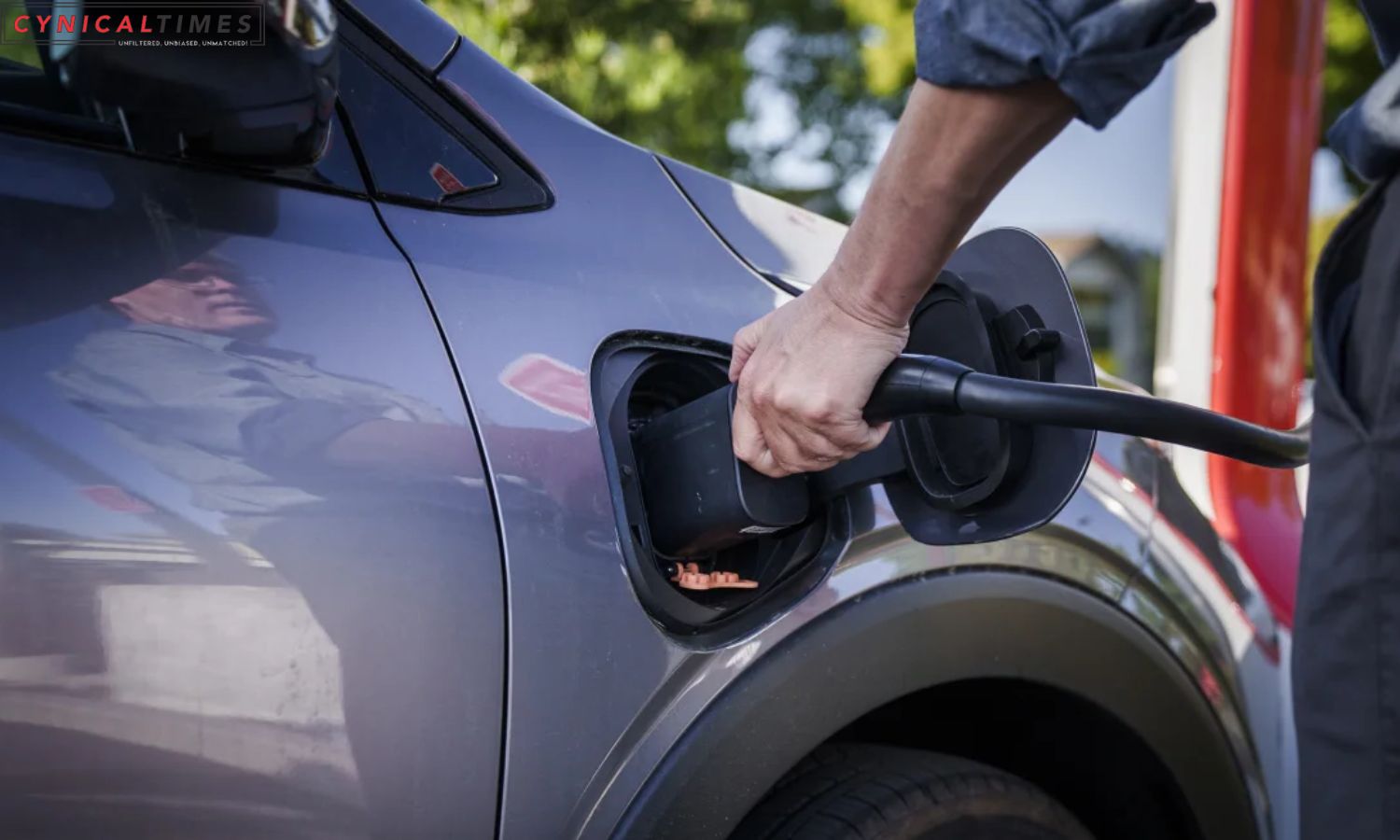Electric Vehicle Quandary: In Consumer Reports’ latest annual auto reliability survey, electric vehicles (EVs) reportedly face 79% more issues than their counterparts, but Jake Fisher, director of the group’s auto testing center, clarifies that the challenge doesn’t stem from their electric nature. The primary issue arises because most electric cars are recent models, prone to teething problems common in new releases. Additionally, EVs often belong to the higher-priced bracket, boasting advanced technology features, increasing the likelihood of complications. Fisher emphasizes that EV problems are more reflective of novelty than inherent flaws in the technology.
Owners of electric vehicles often report concerns related to batteries and charging. Fisher attributes these challenges to the relative newness of electric vehicles rather than inherent technological faults. Comparatively, if traditional automakers had suddenly ventured into creating internal combustion engine vehicles after a century of manufacturing EVs, they, too, would likely face numerous issues, Fisher suggests. Consumer Reports collects annual feedback from subscribers, totaling 330,000 vehicles, with the final results based on combined data from the three most recent years.
Consumer Reports’ reliability survey highlights electric pickup trucks as particularly problematic, facing challenges at the convergence of two less reliable vehicle categories: EVs and pickups. Despite this, not all electric vehicles exhibit high unreliability. Models like the Tesla Model 3, Model Y, Ford Mustang Mach-E, Nissan Ariya, and Hyundai Ioniq 6 demonstrate average to better-than-average expected reliability. Interestingly, plug-in hybrids emerged as the least reliable on average, vulnerable to issues found in both traditional gas engines and electric vehicles. In contrast, non-plug-in hybrids earned a reputation for being the most reliable, attributed to their association with reliable automakers such as Toyota, Honda, Hyundai, and Kia.
Also Read: Alaska Air to Acquire Hawaiian Airlines for $1.9 Billion in Mile-High Merger
Our Reader’s Queries
What is the EV tax rebate for 2023?
The Inflation Reduction Act has recently made changes to the tax benefit for the years 2023 to 2032. This benefit allows for a maximum credit of $7,500 for new electric vehicles (EVs) and up to $4,000 for used EVs, limited to 30% of the sale price. It’s important to note that taxpayers can only claim one credit per vehicle.
How do I claim my 7500 EV tax credit?
In order to take advantage of the Qualified Plug-In Electric Drive Motor Vehicle Credit, which offers a tax break, you must submit IRS Form 8936 along with your tax return. Be sure to include your vehicle’s identification number when filling out the form.
Why can’t you tow an EV?
When an electric vehicle is towed using a hook and chain truck, dolly, or wheel lift tow truck, it can cause two of the EV’s wheels to spin. This spinning generates power to the battery, which can be damaging if not utilized. It is important to be aware of this potential issue to prevent any damage to the battery and motor.
What will the Canoo EV cost?
The Lifestyle Delivery Vehicle is priced at US$34,750. It was first produced in 2023 and the initial batch was delivered to Oklahoma in November of the same year.

